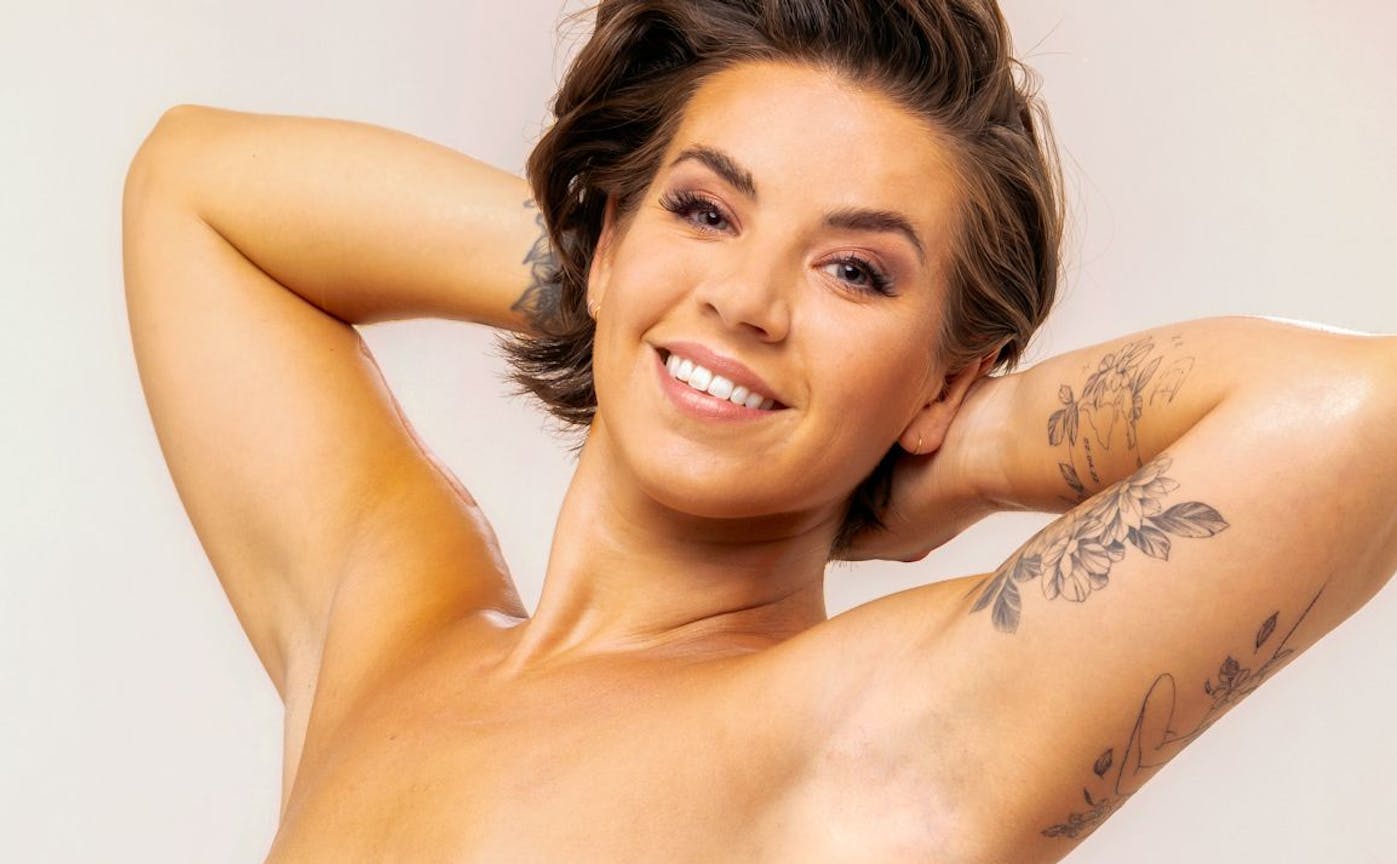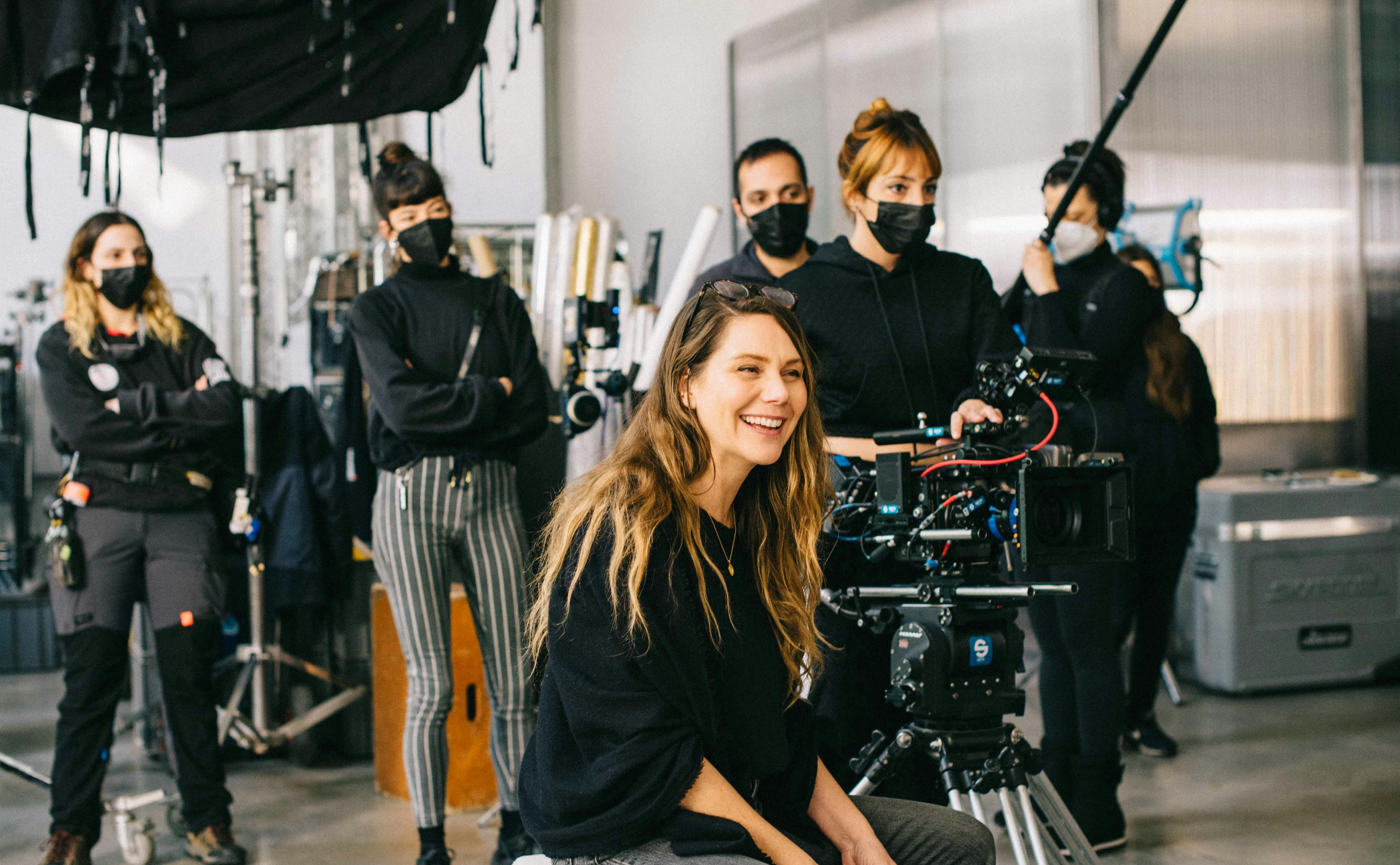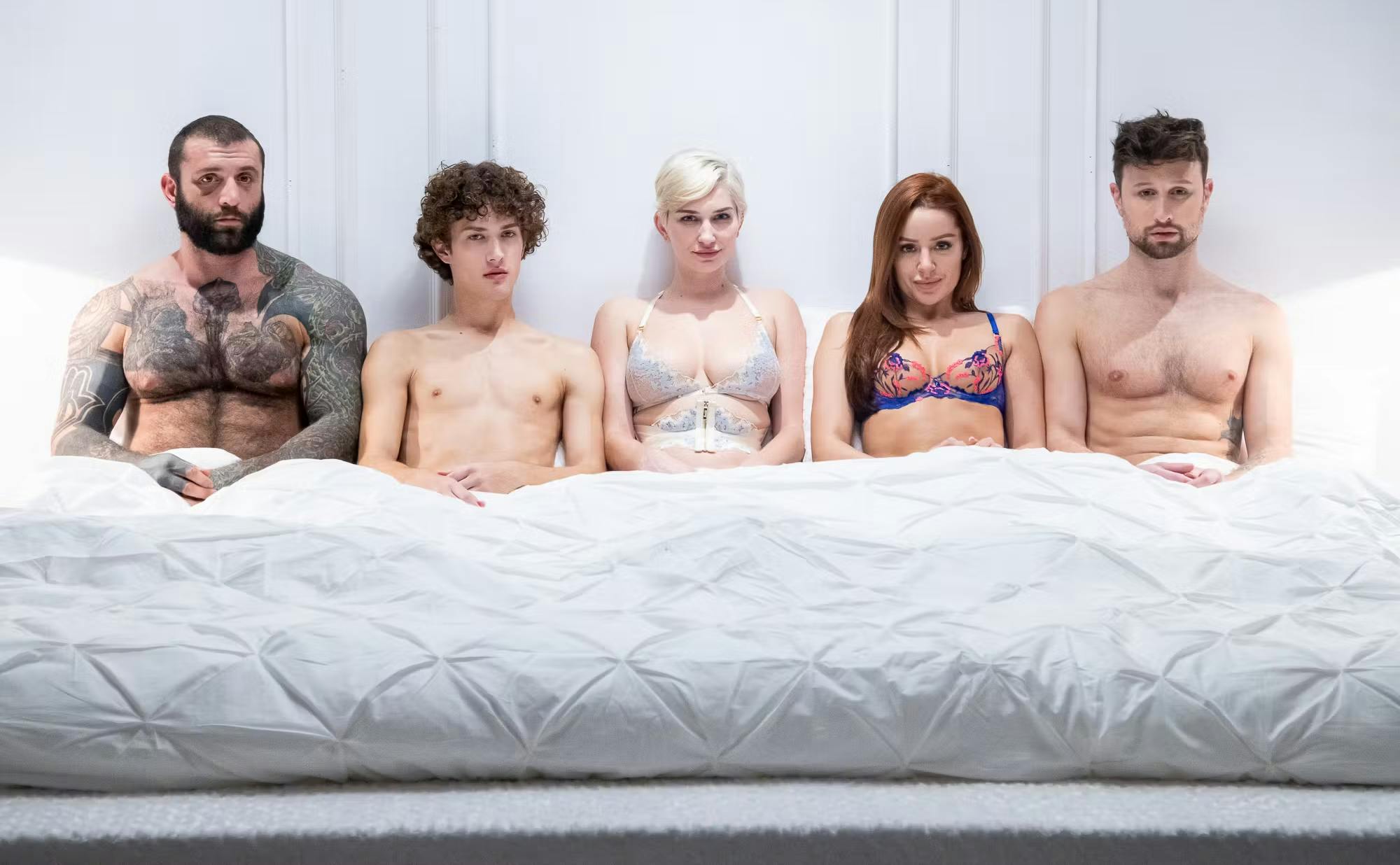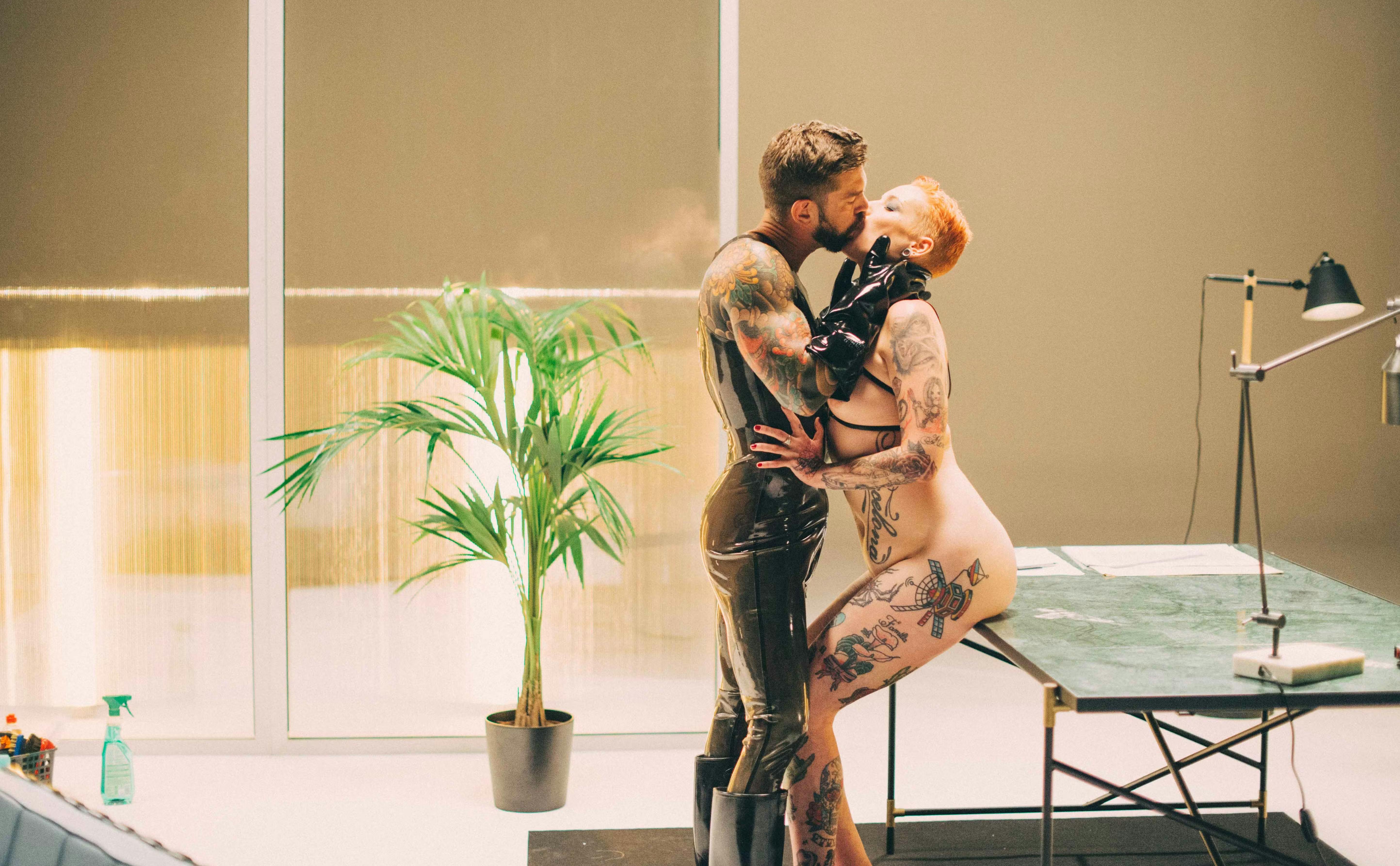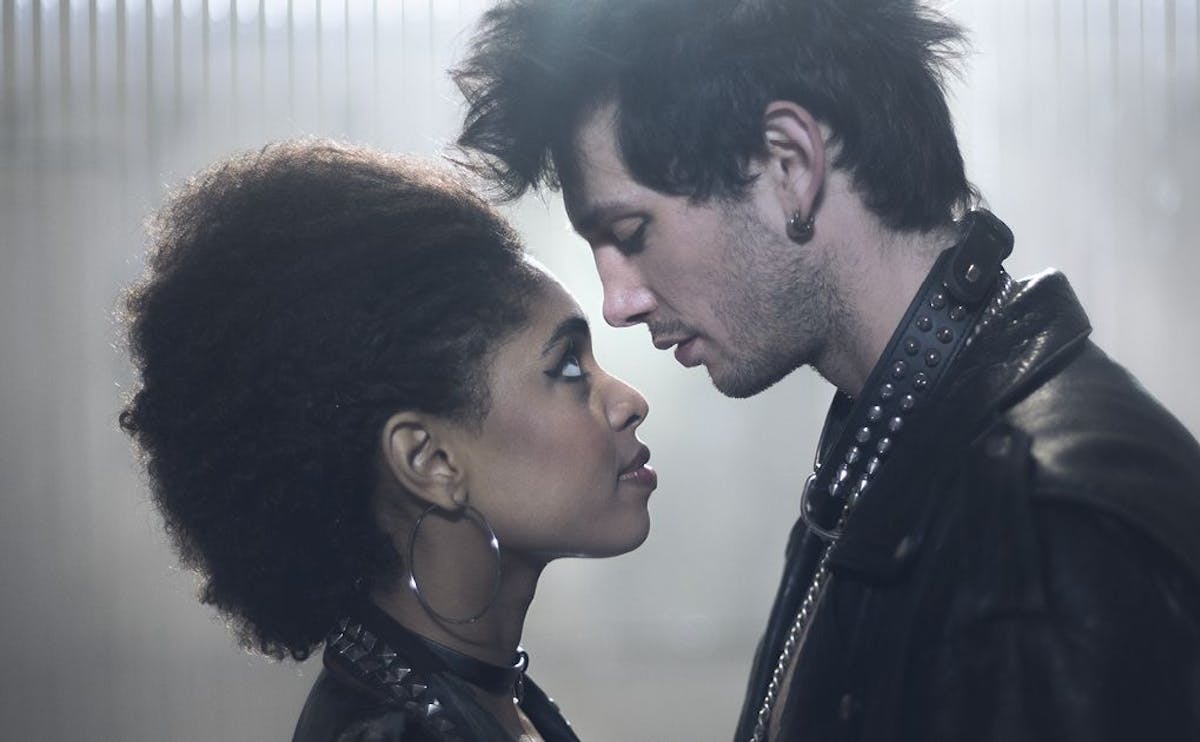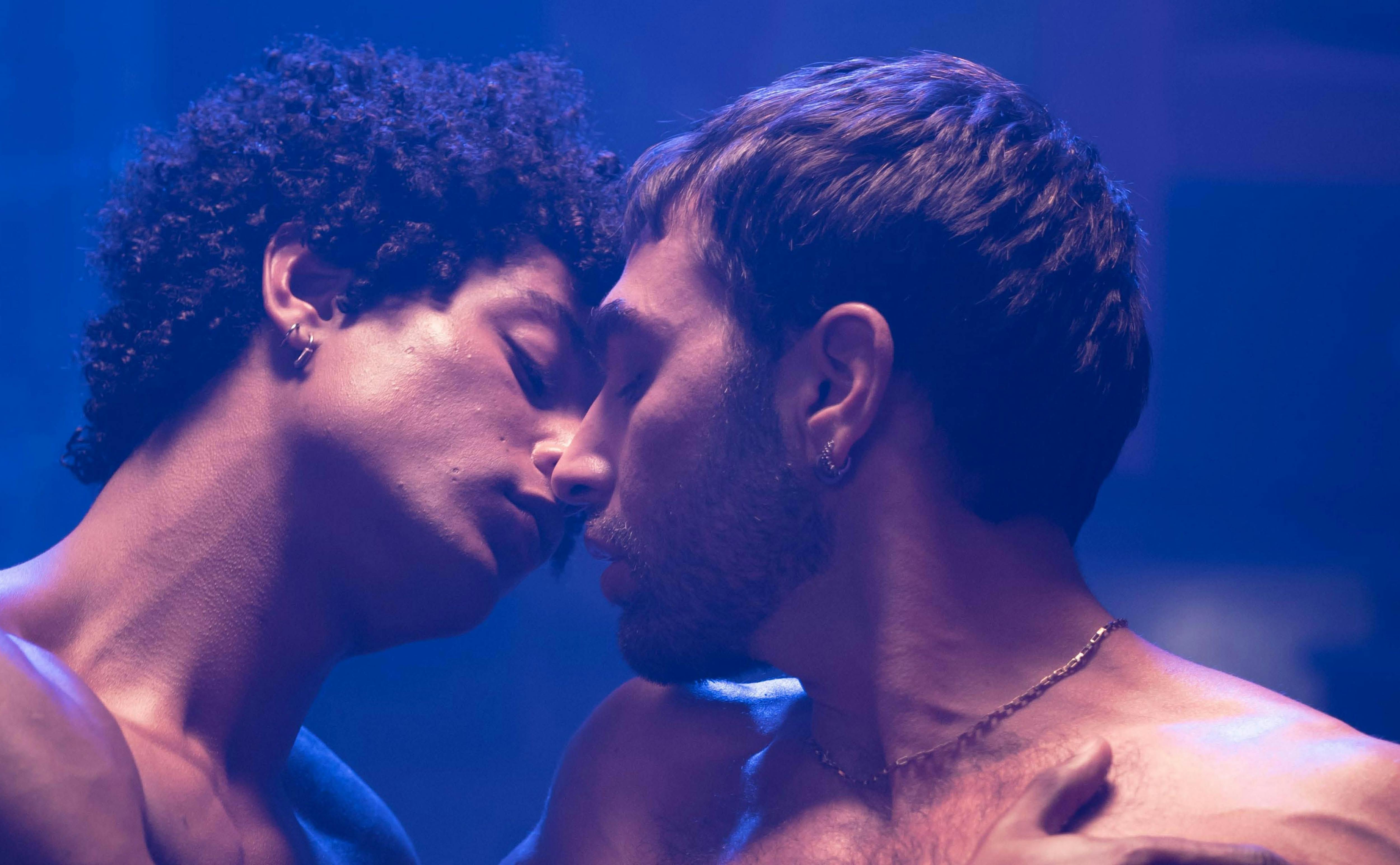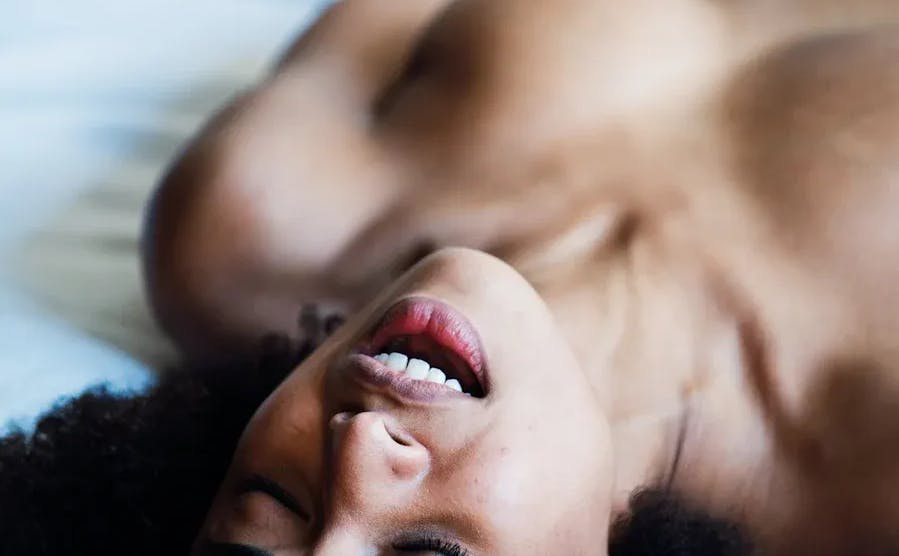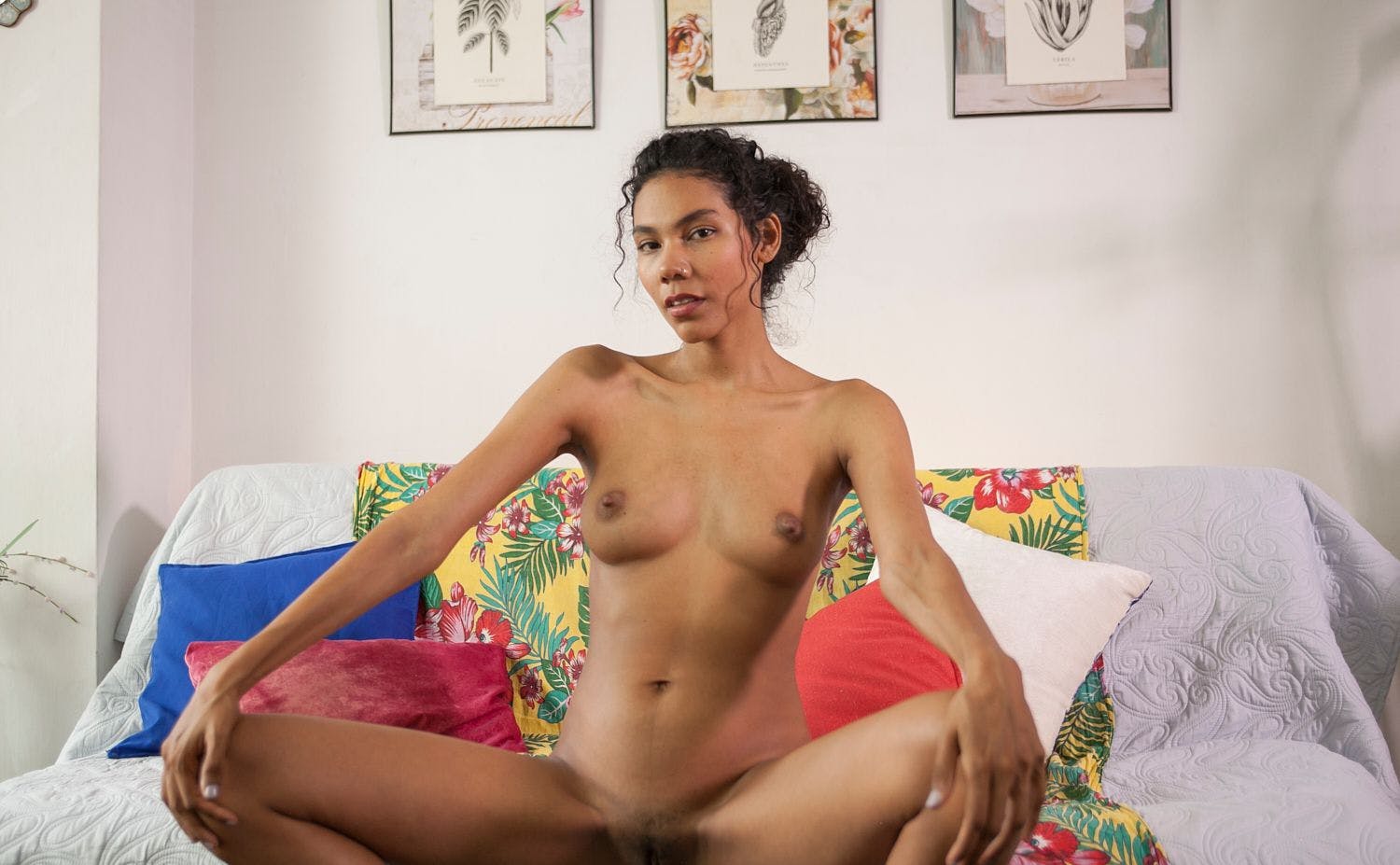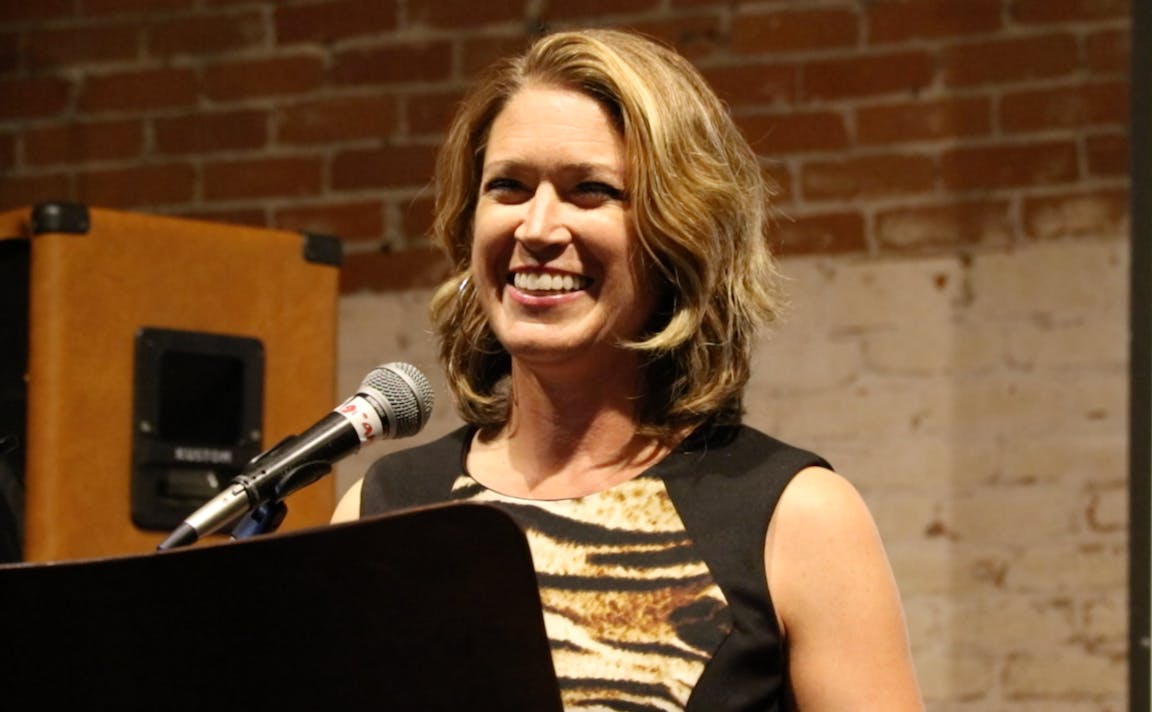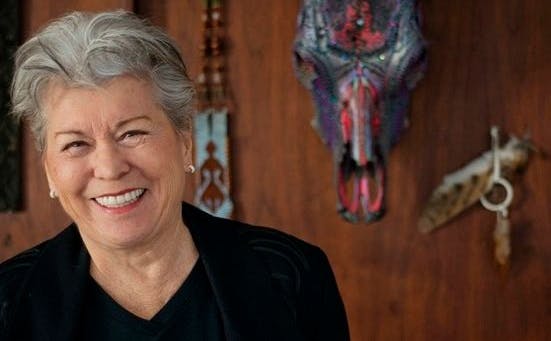

Lust Loves: Meet Angela Chen, author, asexual activist and journalist
Lust Loves: Meet Angela Chen, author, asexual activist and journalist
Introducing Lust Loves: a monthly interview with someone doing work that I admire. To kick off the new series I spoke to Angela Chen, writer, journalist, editor and author of Ace: What Asexuality Reveals About Desire, Society, and the Meaning of Sex.
Asexuality is an often misunderstood sexual orientation and as it’s currently Asexual Awareness Week I thought it would be great to speak to Angela about her writing, asexuality, relationships and the sex positive community.
Erika: What are some common misconceptions that you face when talking about asexuality?
Angela: There are so many: that asexuality is the same as celibacy, that asexuals are always sex-repulsed or that being asexual means you can’t have or enjoy sex, that asexual is the same as not wanting romantic relationships, that asexuality is always related to or caused by sexual trauma or disability, that asexuality is a problem. Those are the more common, explicit misconceptions, but there are many implied ones too, such as that being asexual means that you’re boring or a prude or sex-shaming.
E: You have spoken about how writing your book helped you realise that “normal” relationships don’t matter. For you, what’s most important in a relationship?
A: Relationships do require negotiation and compromise, but the compromise should be based on what the people in the relationship specifically want, not what is considered “normal” or statistically common. More important than copying what everyone else is doing is figuring out what’s best for the people involved and how those needs can be honored and respected in a fair and ethical way.
E: What advice or resources would you give to someone who is questioning if they are asexual?
A: Aces really emphasize autonomy and say that only you can decide for yourself if you’re asexual. I think the first step is simply to read more and learn more—see if the experiences of other aces resonate with you and, perhaps more importantly, see if the ace community and the ace lens and label are helpful for you. Even if you decide you’re not ace, learning about how others see the world can be wonderfully clarifying. Ace concepts are tools that can be valuable regardless of how one identifies.
“There is a common idea in liberal circles that women who aren’t interested in sex are always repressed by the patriarchy”
E: Have you noticed a difference between how asexual men and women are treated in society?
A: Absolutely. The experience of asexuality is very tied to gender (and race and disability and other factors, but we’ll focus on gender here). Men are often taught that “real men” want and have a lot of sex, so ace men can feel like their asexuality is in tension with their gender. Women, on the other hand, are often expected to be sexually reticent and so female asexuality doesn’t violate gender expectations in the same way. At the same time, there is a common idea in liberal circles that women who aren’t interested in sex are always repressed by the patriarchy and need to do more work to be in touch with their own sexualities—and that can be hard on ace women too.
E: I work in a sex-positive environment alongside women who speak openly about sex and see it as part of the feminist movement to reclaim their sexualities. As an asexual person, how do you relate to sex positive feminism? Do you feel that there is a safe space for aces within it?
A: There is not enough of the ace perspective in sex-positive feminism. I think the best way to think about sexual rights should be something like, as one friend put it, “sexual expression for all who want it, in whatever form they want it, while calling into question sex as a required part of human experience and dignity.”
Sometimes, in sex-positive circles, there seems to be a message that sex is inherently good for everyone and that if you don’t enjoy it, it’s because you haven’t done the work of freeing yourself from sexual shame. I know aces who have been told, in sex-positive spaces, that they just need to masturbate more, or be more kinky, try a threesome, or so on. The message is that if they just tried harder, they’d discover they’re not actually ace. Their aceness is denied because of the assumption that everyone has a voracious sexual appetite deep down.
Sex-negativity exists, of course, and double standards and slut-shaming cause many women to feel alienated from their sexualities. But sexual variety exists too. Exploration is good, but not everyone has a voracious sexual appetite deep down. Patriarchy is not the only reason someone might be sexually apathetic. Some women are just asexual or don’t care about sex and that should be fine too and not call into question their feminism. It’s good to encourage people to explore, but people shouldn’t turn encouragement into a mandate and an insinuation that exploration will inevitably reveal that someone does love sex and experience sexual attraction after all. Unfortunately, I think that does still happen in some sex-positive spaces. It’s a shame, because aces have so much to say about feminism, pleasure, and consent that could be of value to all feminists.
“There is not enough of the ace perspective in sex-positive feminism”
E: We know that over the course of it’s existence, feminism has mainly focused on issues experienced by white middle-class women but now more people are becoming aware that we need to build a more intersectional feminism. Do you see similar tensions within the asexual community?
A: It’s rare to find a community that doesn’t need to evaluate itself and think more about how inclusive it is. The ace community is no exception and there should be more awareness of how asexuality is shaped by other factors and identities. The community has a lot of members who are trans and non-binary, but it’s very young and quite white. I would love to see the ace community become more inclusive of people of color, older folks, people with disabilities, the many different types of ace experience, and more.
🔥 Quick Fire Round! 🔥
What does self-love mean to you?
Compassion
What’s the best book you’ve ever read?
Impossible to answer!
What’s your guilty pleasure?
Blaming myself
What’s one thing you can’t live without?
Possibility
One adjective to describe yourself?
Subtle
- L
- LaureneI love this article! I learned something being asexual and I'm grateful because I felt too embarrassed to ask my daughter. Thank you.
GET A FREE MOVIE
- L
- LaureneI love this article! I learned something being asexual and I'm grateful because I felt too embarrassed to ask my daughter. Thank you.


